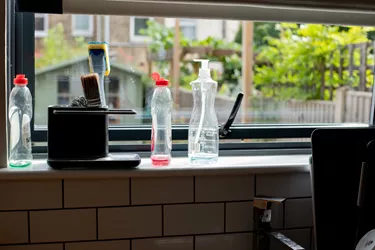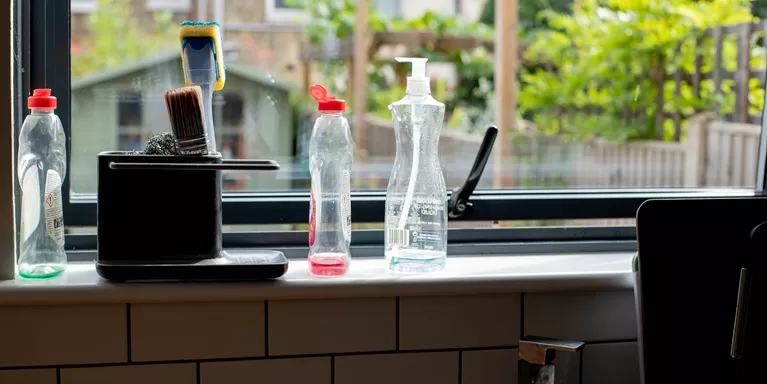How I support my daughter with her mental health
Sienna talks about how she supported her daughter through her mental health issues and shares her tips for supporting a loved one.
While out with my daughter today she said something that I couldn’t get it out of my head.
Let me first tell you that my daughter is going through a medical discharge from the army. This is based on being diagnosed with mental health issues brought on by trauma while on duty.
"Yes, that bloody illness that is creeping up on so many, has targeted my daughter."
And I am supporting her through it.
I should also add in that my daughter is 12 weeks pregnant with her first child and is suffering from the most awful sickness ever.
As a family we have helped her through every day.
However, whilst out with my daughter, trying as usual to keep her busy, she mentioned that she had seen an old friend of mine with her daughter, who had not been as supportive.
Although my friend embraced my daughter with love and warmth her daughter looked my daughter up and down in disgust and walked away.
I frowned in pity about what my friend’s daughter had done, but wasn’t surprised (she had always been a madam at school).
She responded with “its ok, I’m used to it, it’s how most people look at me these days”. As she said that, with very distant looking eyes, I felt her pain and wanted to take it away from her.
"Mental health problems change you, it doesn’t matter what your background is, no one is immune, as I so well know."
It takes over your mind and the functioning of life. It can make you lie down and not want to get up again.
Cry for no reason. Sleep for days or lie awake thinking the worst of everything. At worse you can wish yourself dead.
As someone who has been through these difficulties like my daughter, and also felt the stigma from others, I responded the way I would have like someone to have responded to me.
I’m sharing these with you in case they help you support someone you love.
- I hugged my daughter reminding her that it didn’t matter what they think, but to do things for herself and the baby. There is light at the end of what’s been a very long tunnel for her.
- I reminded her that some days you might not feel like doing anything, but what can make things worse if she tries to cope alone. I told her to use the support she has whenever she needed it.
- I told her it is not acceptable for people to judge, but that she should not see that as a reason to give up. I told her if she didn’t want to comb her hair, that’s ok, let me do it. If she wants to go for a walk and not talk, that’s fine, I will walk with you, if you want to cry, here is my shoulder.
- But mostly I let her know that we all have dark days, especially those going through mental health issues and that she does not need to feel ashamed.
The worst thing for a person struggling is to feel they are alone, and we must remind them all the time they are not.
"A person supporting can help them through a terrible time and that is what I do and will continue to do."
And my friends, the next time you look at someone who maybe doesn’t look as groomed as you, just please remember you are not in their shoes and do not know what is going on in their life.
Mental illness is hidden, so no one openly says “yeah I look a bit rubbish but having the guts to get out of bed was more important that putting on a face full of make up to please you”.
My daughter is the politest wonderful person who makes me so proud, she would never judge anyone, regardless of their appearance.
But sadly not everyone is like my daughter. And for that reason my daughter is even more special. And always will be.


Information and support
When you’re living with a mental health problem, or supporting someone who is, having access to the right information - about a condition, treatment options, or practical issues - is vital. Visit our information pages to find out more.
Share your story with others
Blogs and stories can show that people with mental health problems are cared about, understood and listened to. We can use it to challenge the status quo and change attitudes.

















